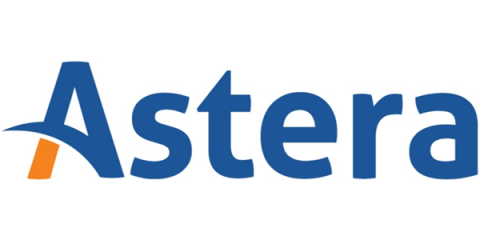EDI Serializer in Astera Data Stack
In this video, we will see how an EDI Message Serializer object works in Astera Data Stack. The EDI Message Serializer object is used to build an EDI Message in the required EDI partner profile before it is written to a destination.










